Plan your way to a stress-free vacay
Dreaming of a hassle-free vacation? These 7 travel planning tips will help you organize every detail so you can relax and enjoy your time away. From finding accommodation to packing efficiently, discover how to simplify your travel prep and make your next getaway truly stress-free!
So you’ve booked your flights and picked the destination…now what?! How do you get the absolute most out of your vacation while avoiding any unnecessary stress, worries or challenges?
The answer lies in the undeniable power of effective planning - saving you time, money…and your sanity!
But first of all...why bother? Won't it kill the fun and spontaneity?
In a nutshell, no. Planning does not need to be a spontaneity killer - rather it’s designed to ensure that your vacation time is spent being on vacation. You will avoid spending time dealing with practical annoyances or issues that could have been avoided through simple preparation.
Read on for expert advice...
"For every minute spent organising, an hour is earned." Benjamin Franklin
1) Build An Itinerary
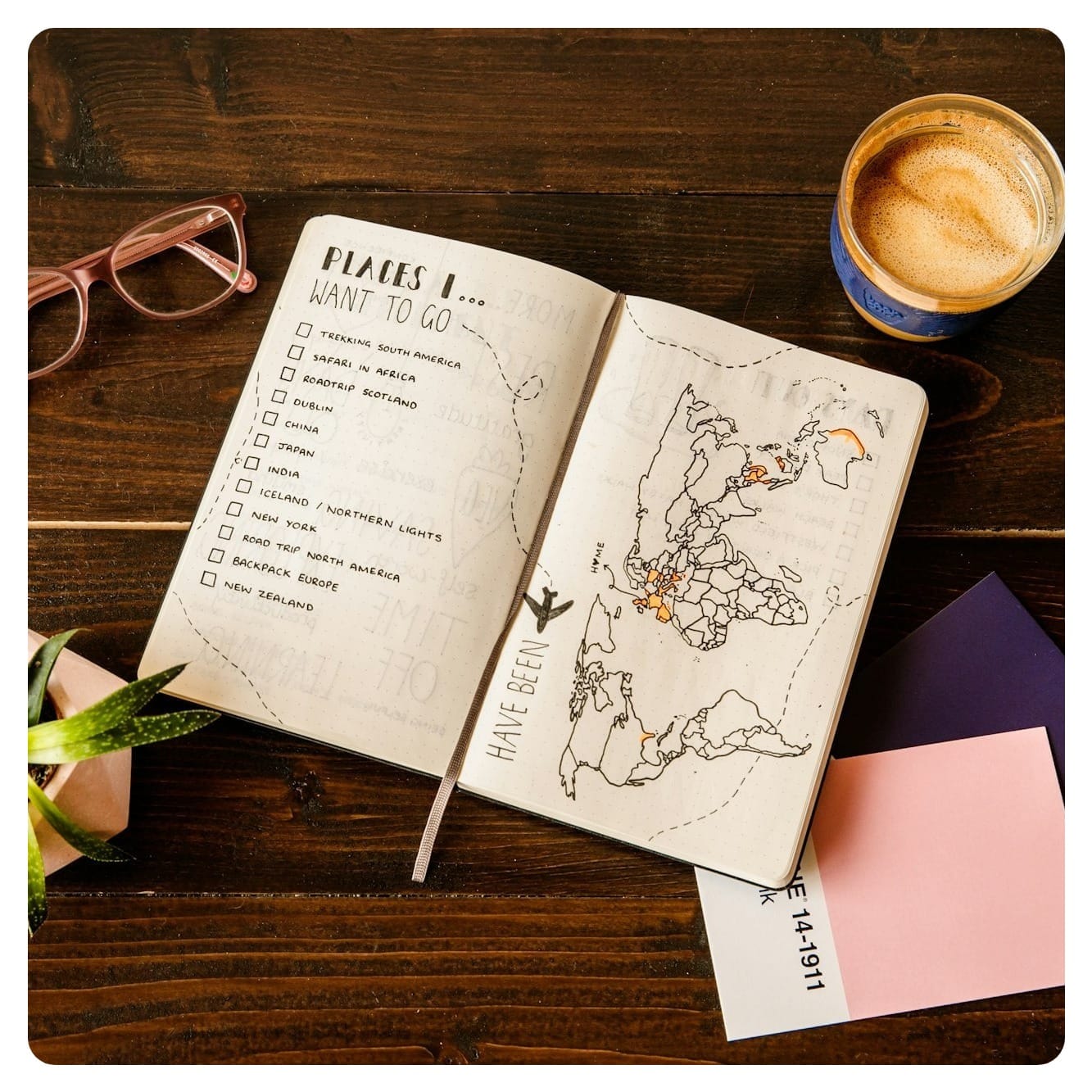
Unless you’re going for a ‘fly and flop’ beach holiday, a planned travel itinerary will save you a lot of faff when you get to your destination - particularly if you want to do a lot of sightseeing or are visiting more than one destination.
Researching attractions, activities and dining options in advance can prevent aimless wandering and help you prioritize your must-see and do list.
All that's required to start building your travel plan is knowing your arrival and departure dates.
It might seem 'old school', but I use a spreadsheet template each time. It provides a visual day-by-day plan so you can see how your vacation pieces together. And I'm making it available for you to download for FREE below 😄
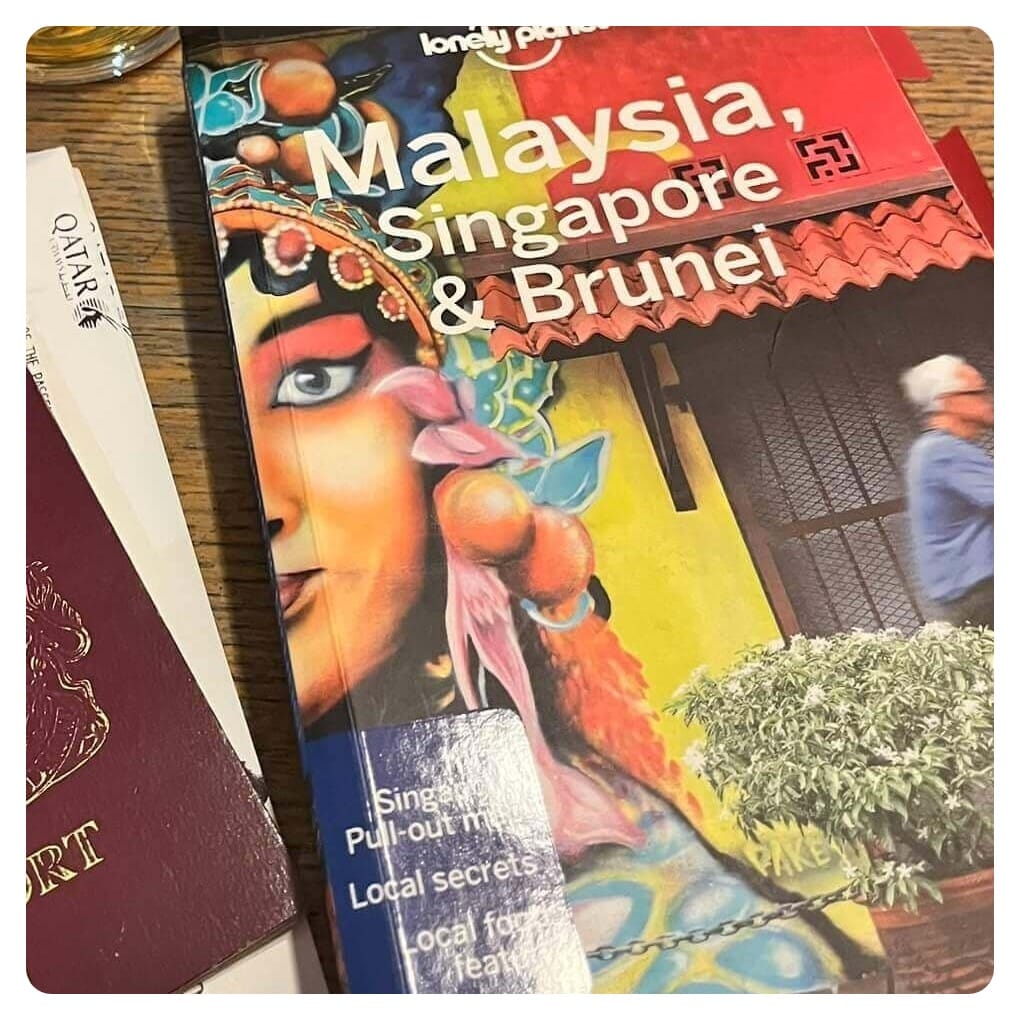
To help you build your itinerary, consider:
- Guide books - ones like Lonely Planet should be your best friend when helping you to choose activities and attractions that align with your interests and preferences
- Opening times - don't assume that attractions are open every day of the week - or don't require pre-booking! Check and plan accordingly
- Popular spots that need advance reservations - particularly for any must-see bars and restaurants
- City passes - such as Go City, can provide cost-effective combined transport and attractions offers. Sometimes they are worth it, but do the math. Figure out if you will save money by calculating what you would spend if paying separately
- Budget - be sure that your itinerary suits your budget so that you don’t run out of cash or have a huge unexpected credit bill when you return home
2) Pack Like A Pro
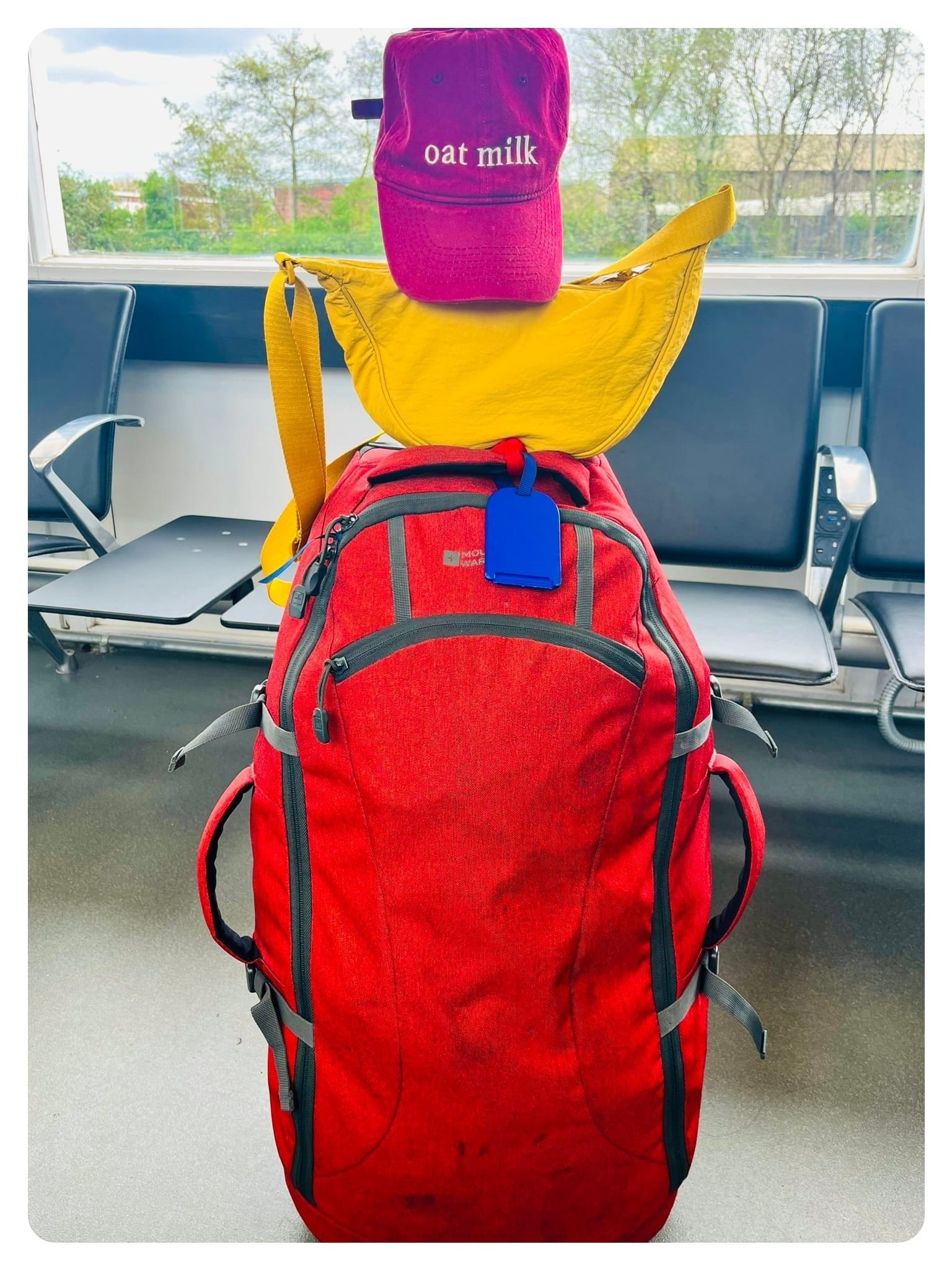
Of course, you can buy essentials while on holiday, but do you really want to be wasting time hunting for stuff? Packing smartly is an art that, when mastered, covers all your clothing essentials.
In my younger years, I was guilty of packing too much and never wearing 50% of what I took. That all changed when I bought a 50-litre backpack for my trip to Vietnam. I had to completely rethink my approach.
How? Three words. Outfit-Based Packing. See my 'how-to' guide below for more.
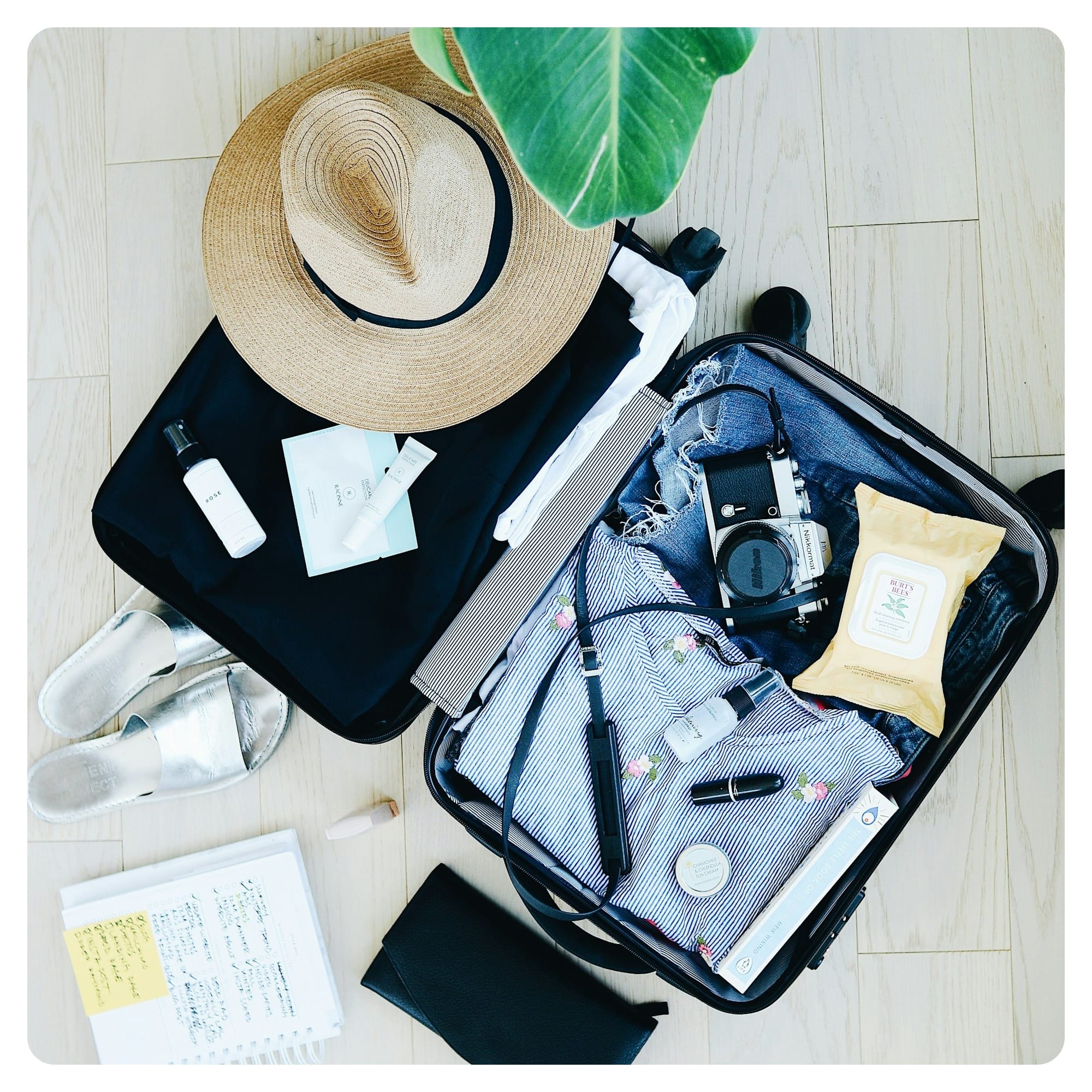
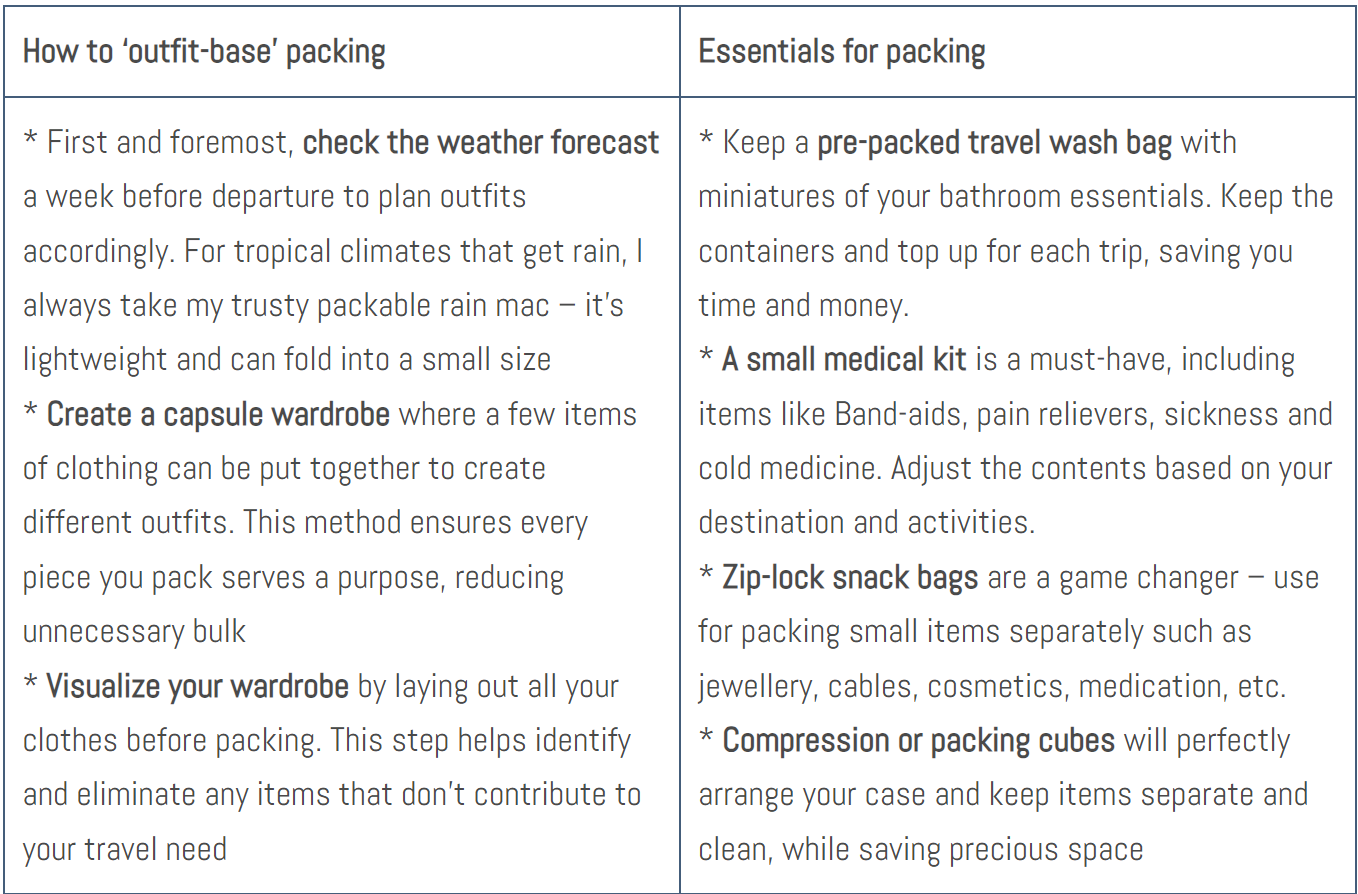
3) Take Advantage of Technology
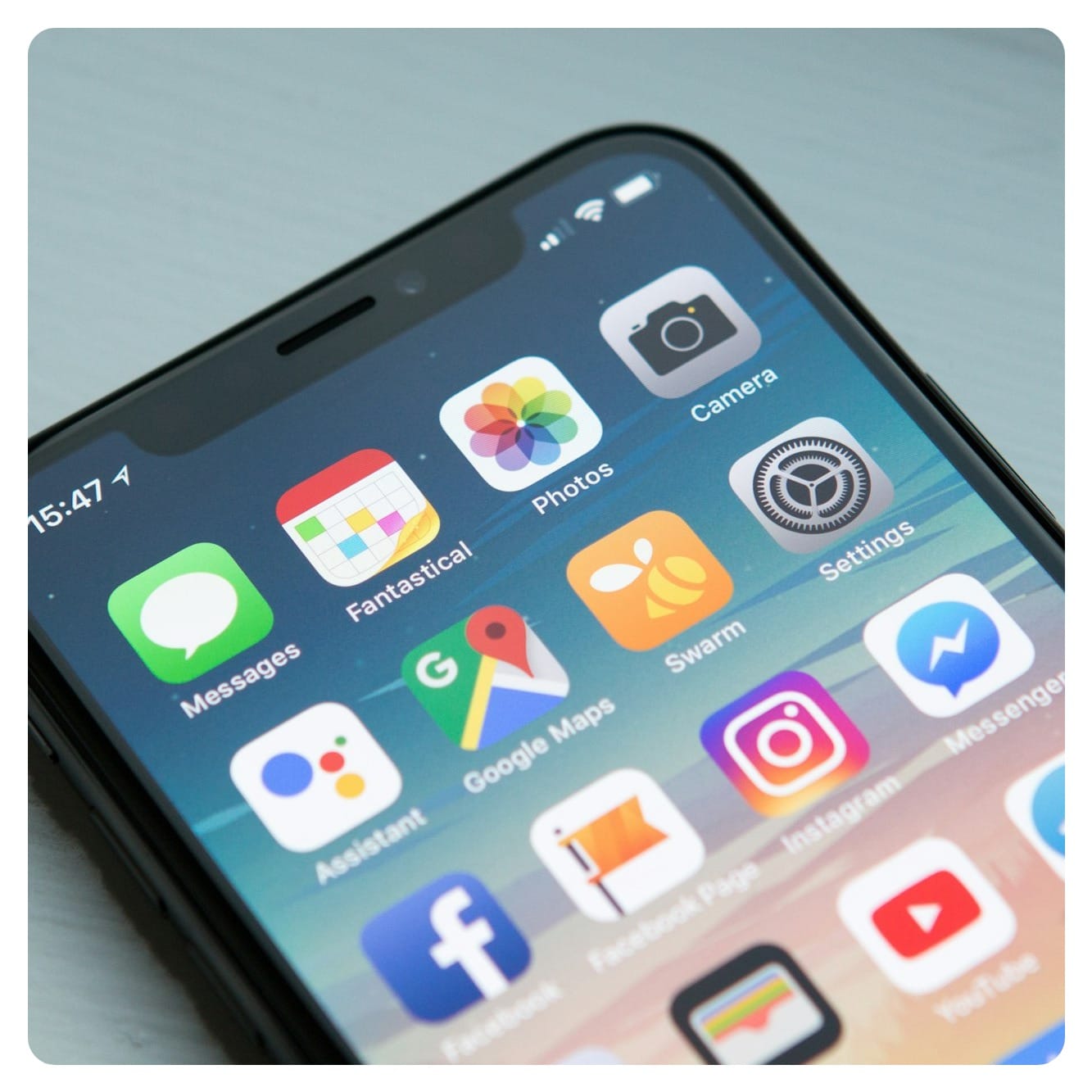
In this digital age, tech solutions will take a lot of hassle out of your day-to-day! Take advantage of these solutions by installing them on your mobile device before you arrive at your destination - so that you're ready to go once you land!
Get an e-sim
- Most phones manufactured since 2018 support e-sim connectivity. This means you do not need a physical SIM card.
- Use MobiMatter to find the best eSIM deals for your destination (I've shopped around plenty and they really do have the best prices!). There's even regional and global options so that you don’t have to get a new eSIM for each country you’re visiting if you're travelling cross-country.
Download the e-sim at any point pre-travel - you can keep it deactivated on your phone. I usually sort mine in the departure airport while waiting for my flight!
- Once you land, activate the e-sim. You'll seamlessly transition to local connectivity, avoiding the need to hunt for a physical local SIM card. And potentially save money, as physical SIMs in airports tend to be expensive!
Use taxi apps
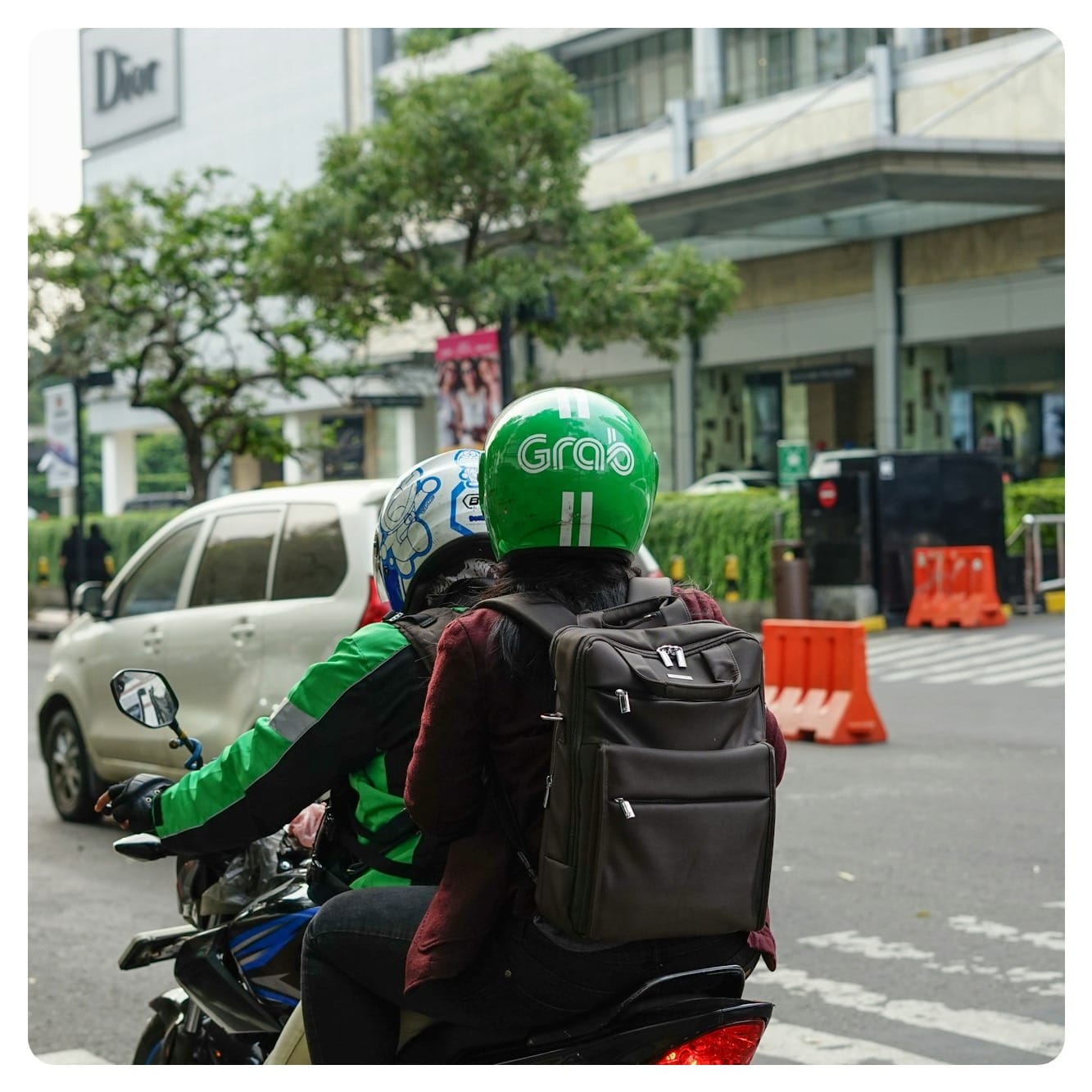
- Options like Uber, FreeNow, Grab and GoJek are becoming increasingly widespread across the globe.
- Find out in advance if your travel destination has any options - then sign up to the app with your payment details in advance, ready to go once you arrive.
- These apps are almost always cheaper than hailing a cab. You'll see the fare upfront taking the hassle out of cab hailing which can be challenging in some countries (from personal experience!)
Get (free!) travel planning apps
- Options such as Wanderlog and TripIt consolidate flights, hotels, and attractions in one place and provide a visual travel map.
- Maps that work offline, such as MapsMe, enable to you download an area or country for offline navigation. I used this when road-tripping Morocco, it was a saviour in the Atlas Mountains where there was no connectivity.
- Track your spending with SplitWise. This is such a handy app which can be used for yourself or with multiple people through a shared group. Each person can add their spending. The app will calculate the running total and money owed to each person. I always used this when travelling with my partner and it has been so helpful.
4) Research Accommodation (A Lot!)
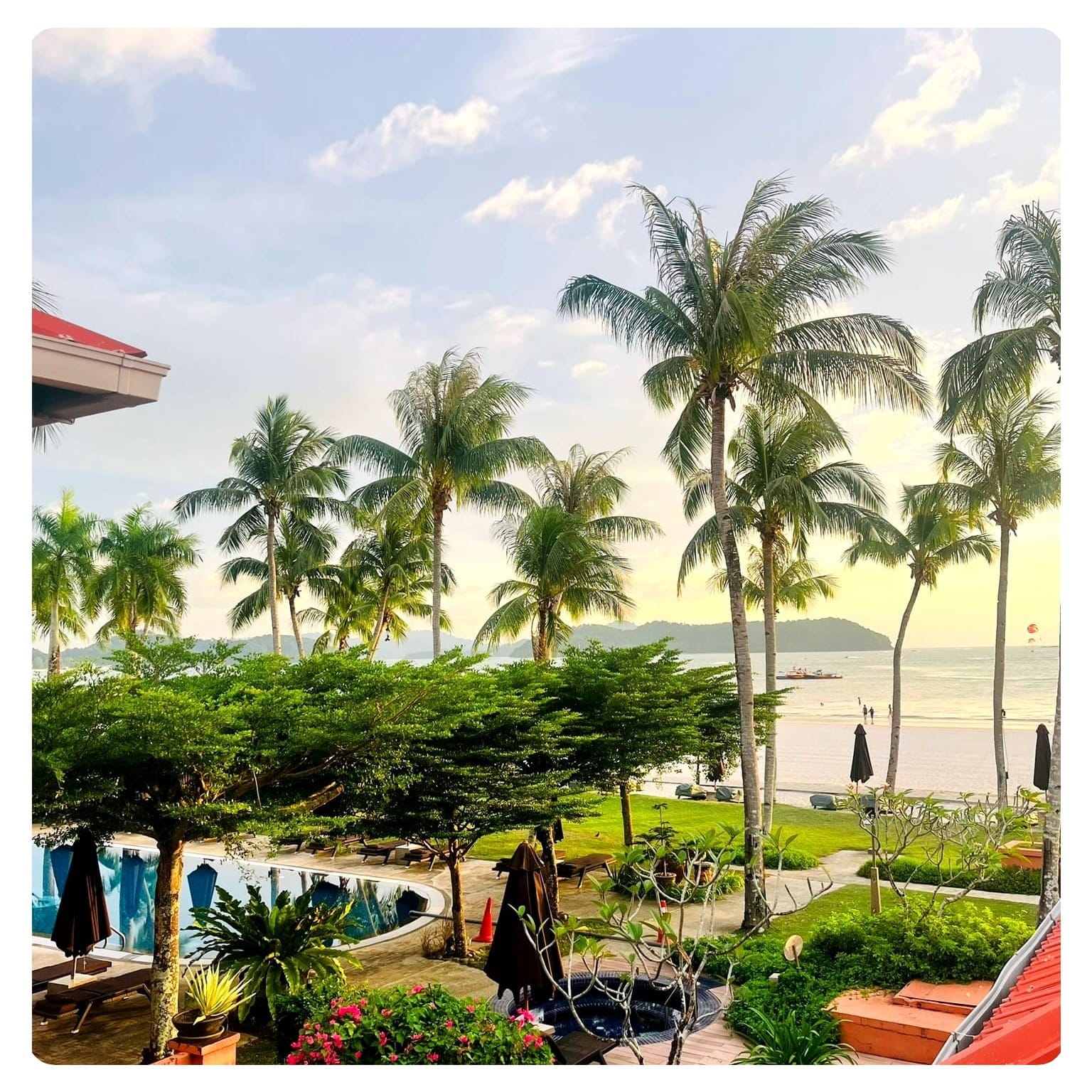
The success of your trip hinges largely on the quality of your accommodation. While you may not be spending a lot of time in your room, it’s important to feel safe and comfortable so that you can have good sleep and wake up feeling energised for the day ahead.
This is the step-by-step approach that never fails me when finding the best spots to base myself:
- With your day-to-day itinerary in mind, think about the optimum location to stay in - taking into consideration what activities you want to do, the .distance to the airport (particularly for short breaks) and closeness to public transport. Use this to map the best area to stay in to help narrow down your accommodation search.TripAdvisor
- Once you've located the optimum area, use Google Maps to search for accommodation in that area, using the filters to set your budget and facility requirements.
- Google will helpfully display prices and booking options, allowing you to find the best deals.
- Don't book straight away! We've all heard horror stories about run-down hotels that look nothing like the photos. Draw up a shortlist of options and then read plenty of reviews to get a reality check on the standard of the hotel.
- Google Maps, TripAdvisorsanitiser and Booking.com are great for reading traveller feedback and reviewing photos.
5) Take A Flight Care Package
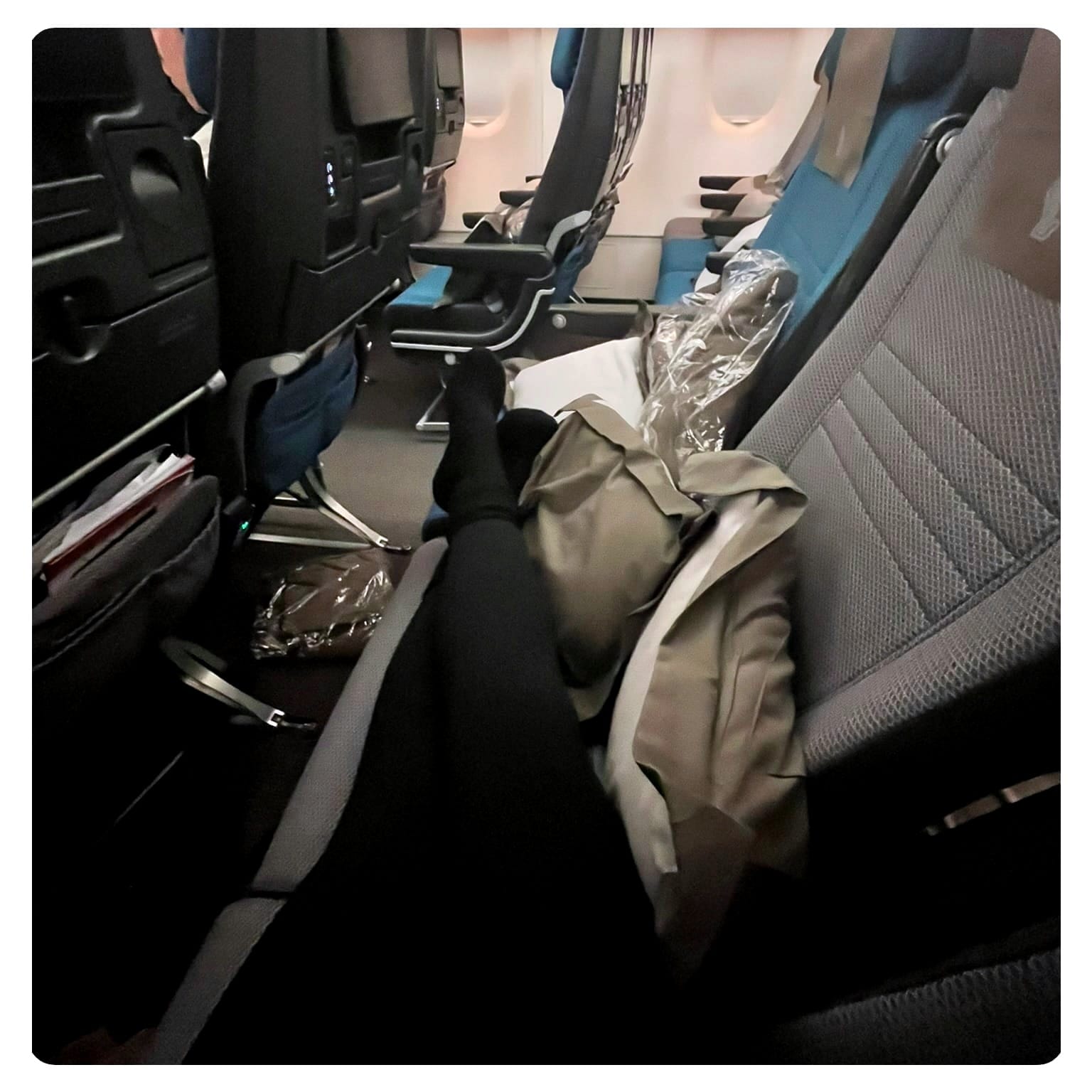
Flights, particularly long-haul, are tough on the body and can leave you feeling out of sorts at the start of your trip. Combat this by being properly prepared for flight, helping you to feel as fresh as possible when you land. The same applies if you're travelling by long-distance train or bus.
- Keep clean with hand sanitiser and wet wipes
- Keep fresh with facial wipes, toothbrush/toothpaste and eye drops
- Keep moisturised with hand cream and lightweight facial serums. Sample sizes are perfect for fitting in your clear plastic bag allowance for airline security
- Keep hydrated with water, water and water! In my opinion, airlines don't dish out water as often as you should be drinking it. Supplement yourself by taking plenty on board - the longer the flight, the more you need.
- Keep healthy with the right snacks such as protein bars, unsalted nuts, dried fruit
- Keep occupied by downloading films onto your device, taking books/magazines or podcasts ready to listen offline
- Keep warm by taking thick fluffy socks, a cosy scarf and clothing layers
6) Plan Your Airport Transport

Avoid unnecessary stress by planning in advance exactly how you're getting from the airport to your hotel. Don’t always rely on ‘grabbing a taxi’. Many people easily get scammed this way and end up paying over the odds which can set off your trip with a negative tone.
Think about your arrival time, the options on offer, your budget - and then plan accordingly.
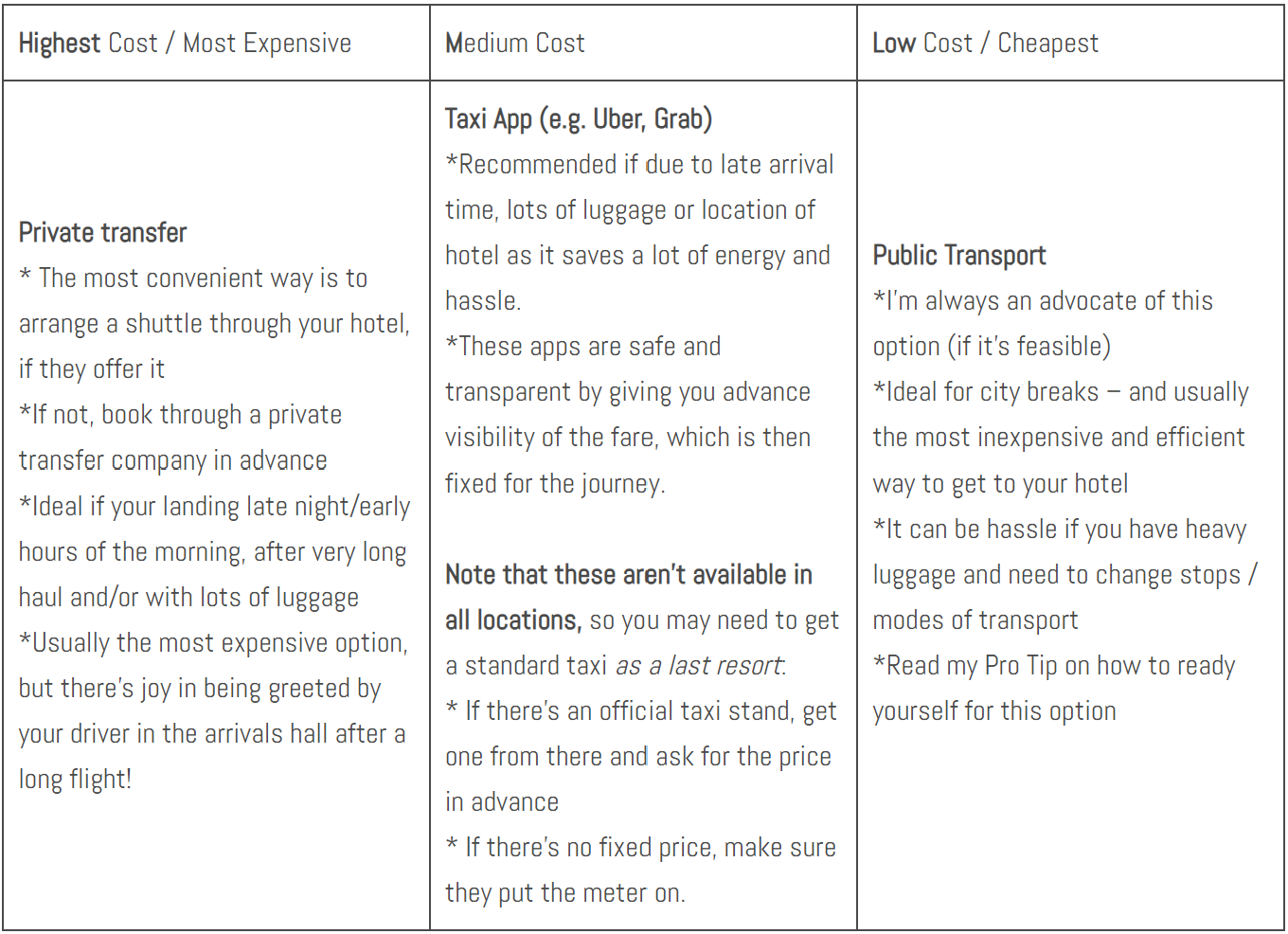
Obviously the same applies for your return trip back to the airport. It’s equally as important to avoid any stress at the end of your trip!
7) Extra Planning & Precations
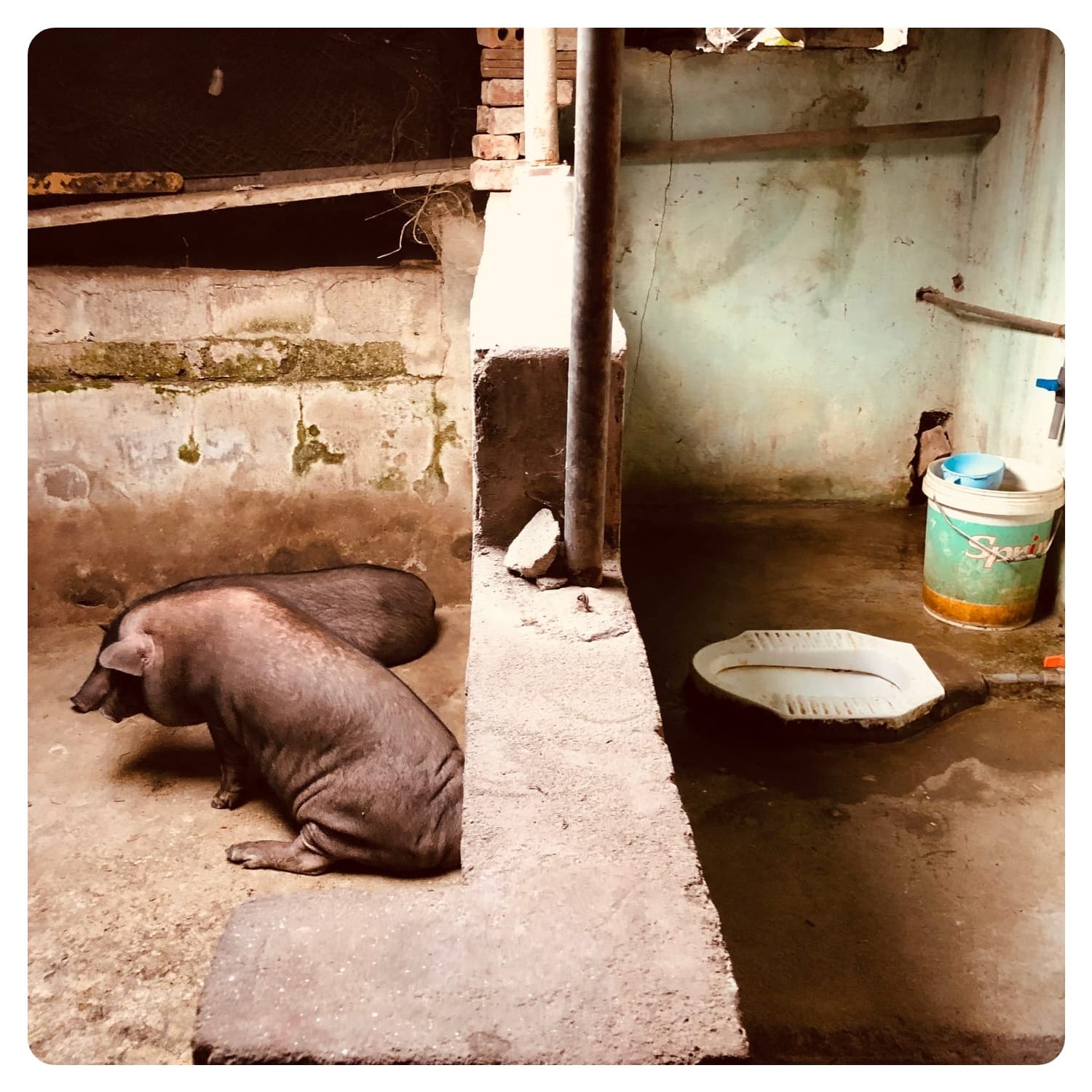
I'm not covering the obvious here (passports, travel insurance, visas and vaccinations) as these are the bread and butter of any trip. This section is about extra precautions to safeguard your trip - the things that you may not have thought of.
Cash vs Card
- Take spare bank cards in case of loss or theft.
- Be aware of destinations where skimming and PIN theft from ATMs are common (e.g. Bali is well known for this). Only use ATMs attached to banks if possible.
- When drawing cash out from an ATM, never accept the exchange rate offered - this is in most cases extremely poor when set against the exchange rate that will be set by your bank.
- For card payments, get yourself a zero-fee spending card that is globally accepted. Many of these will also include fee-free cash withdrawals to a certain amount. Wise and Revolut are good international players - for the UK, the Chase debit account is currently a good one and if you need a credit card, the Halifax Clarity Credit Card has zero fees.
Health Essentials to Plan
- Diet and Hydration: If your luggage space allows, it can be handy to pack these to avoid having to source them at the destination (e.g. electrolytes, paracetamol).
- Rest: Ensure that your itinerary allows for adequate rest, particularly when adjusting to new time zones. Use natural sleep aids and meditation to combat jet lag and stress.
- Physical Activity: Keep up with your workout routine by using hotel or local gyms or incorporating exercises that can be done in your hotel room. Engage in nature walks, hikes and cycling tours to enjoy the local scenery and maintain physical health.
- Supplements: Continue your regular supplement and vitamin routines, considering additional supplements for immune and gut health to combat travel-related stress on your body.

Planning for Safety
- Local emergency contacts: Make a note of telephone numbers and map the nearest hospitals or health care centres.
- Natural disasters: familiarise yourself with potential risks, such as earthquakes, tsunamis and volcanos, and what to do in the event of such a disaster. If you're in a risk zone consider downloading an alert app such as Quake Alert.
- Travel Security: Visit a foreign travel advice site (i.e. UK's is FCDO) for your destination country. These provide a comprehensive overview of any risks which will help you ensure that your travel plan covers any additional precautions.
Solo Travellers
If flying solo it's important that your travel planning reflects this. As a woman who has travelled solo many times here are my essentials to plan for:
- Pack a small LED torch: some places have poor lightning after dark, even in well-populated areas
- Pack a personal alarm
- Share your itinerary with family/friends back home
- Try to avoid arriving at places late at night
- Pick accommodation in populated areas. Have a look at Google Maps street view to get a sense of the surrounding area of your shortlisted hotels
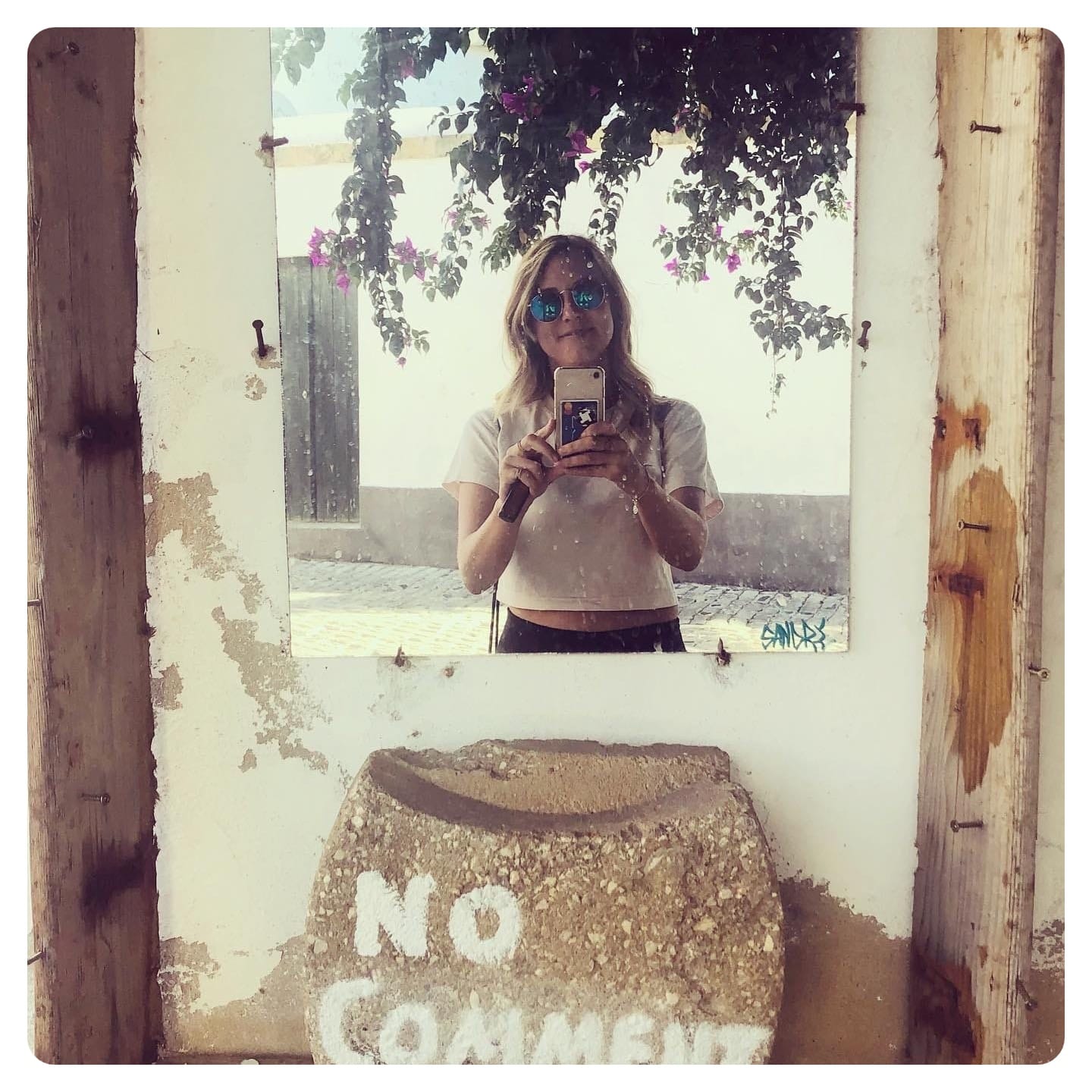
To wrap it up...
In this article, I've laid out the key steps to designing a stress-free holiday, highlighting the significance of early planning, budgeting, packing, and using technology for ease.
Drawing on my extensive travel experience and project management skills, I've provided strategies to simplify the planning process and enhance your travel experience. I've used these methods time and time again with success, alleviating the stress of many amazing travels.
Before you go, remember you can download my FREE travel planner!
Thanks for reading! Leave a comment below with any feedback, questions or your own recommendations, I'd love to hear from you 😄
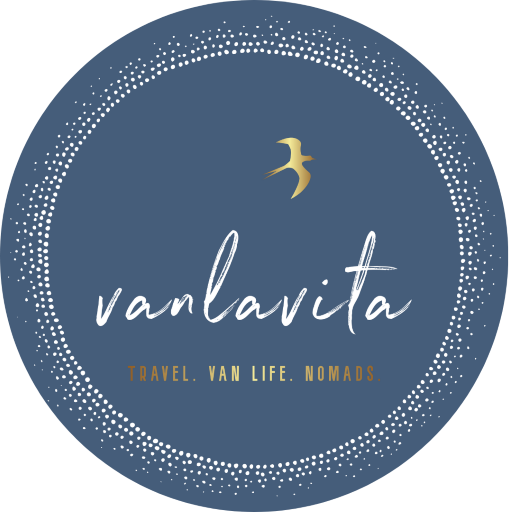

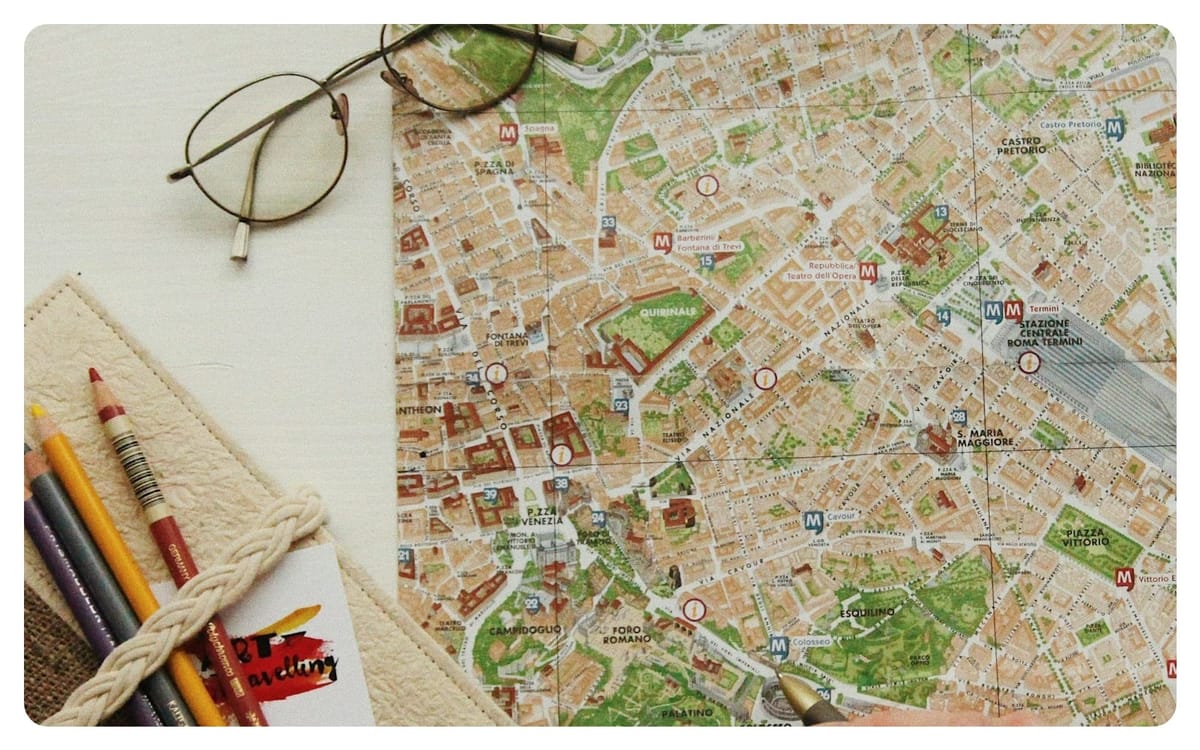
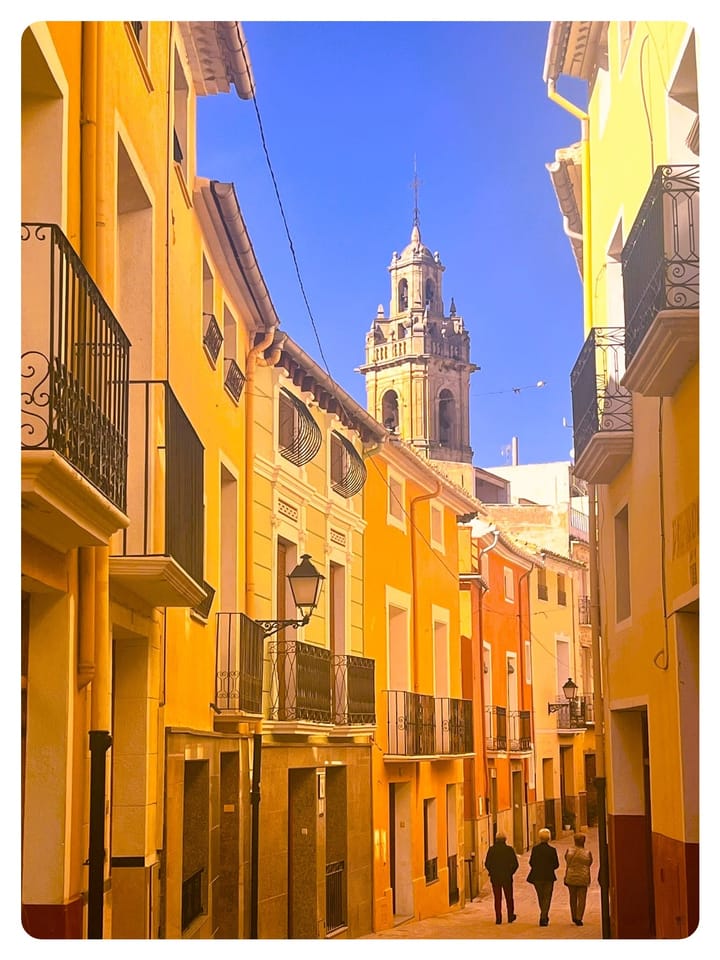
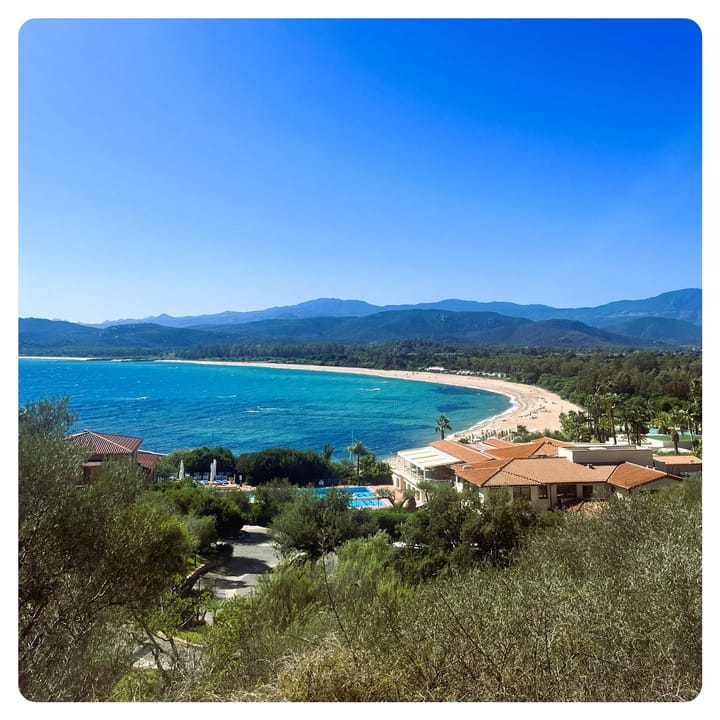

Comments ()